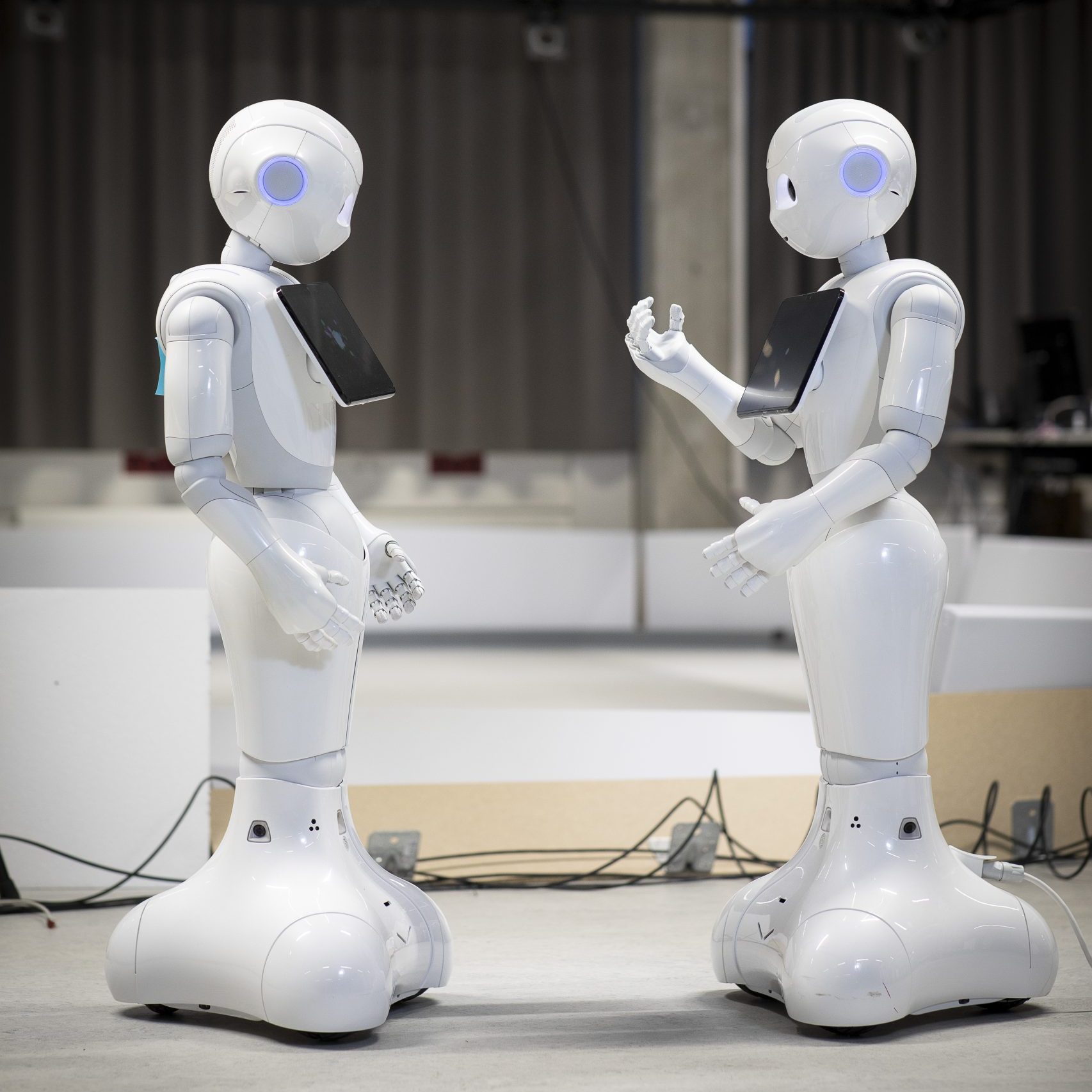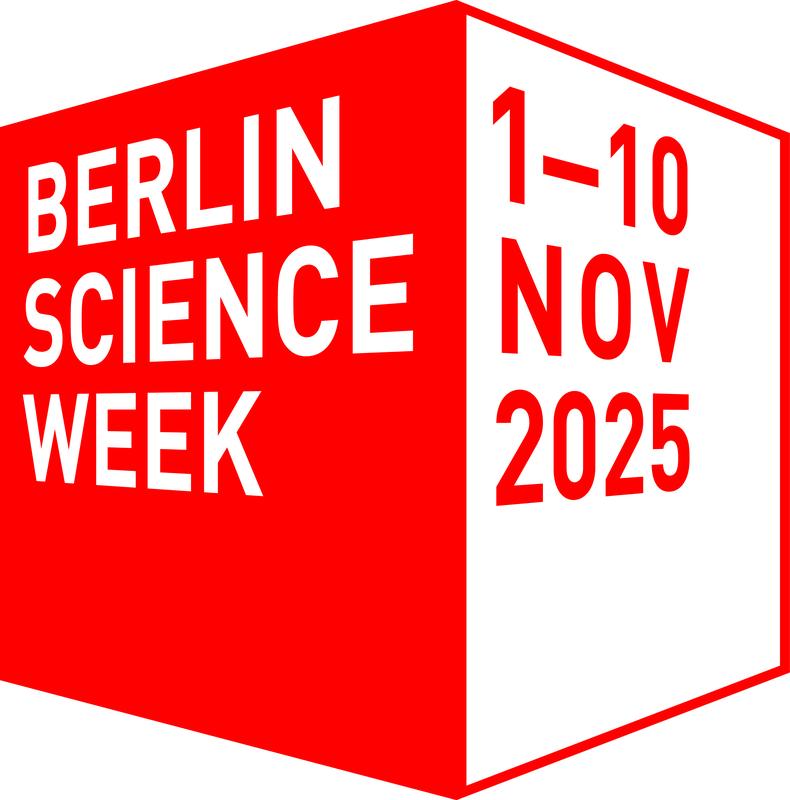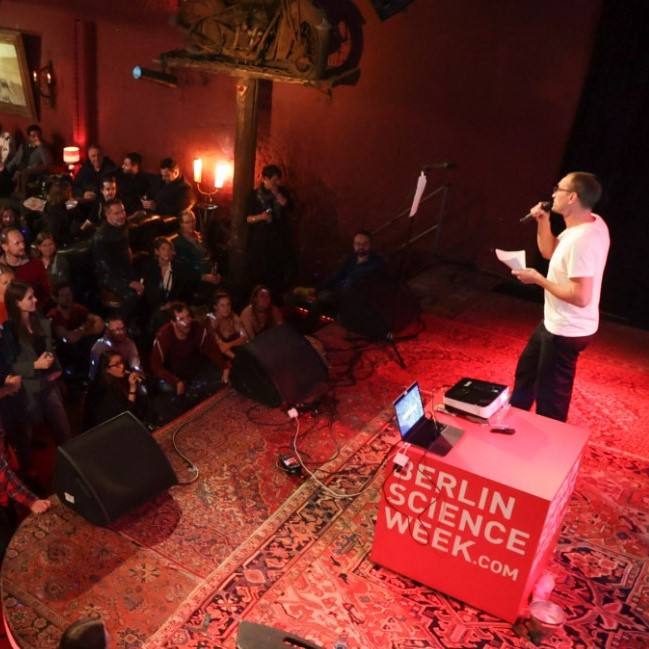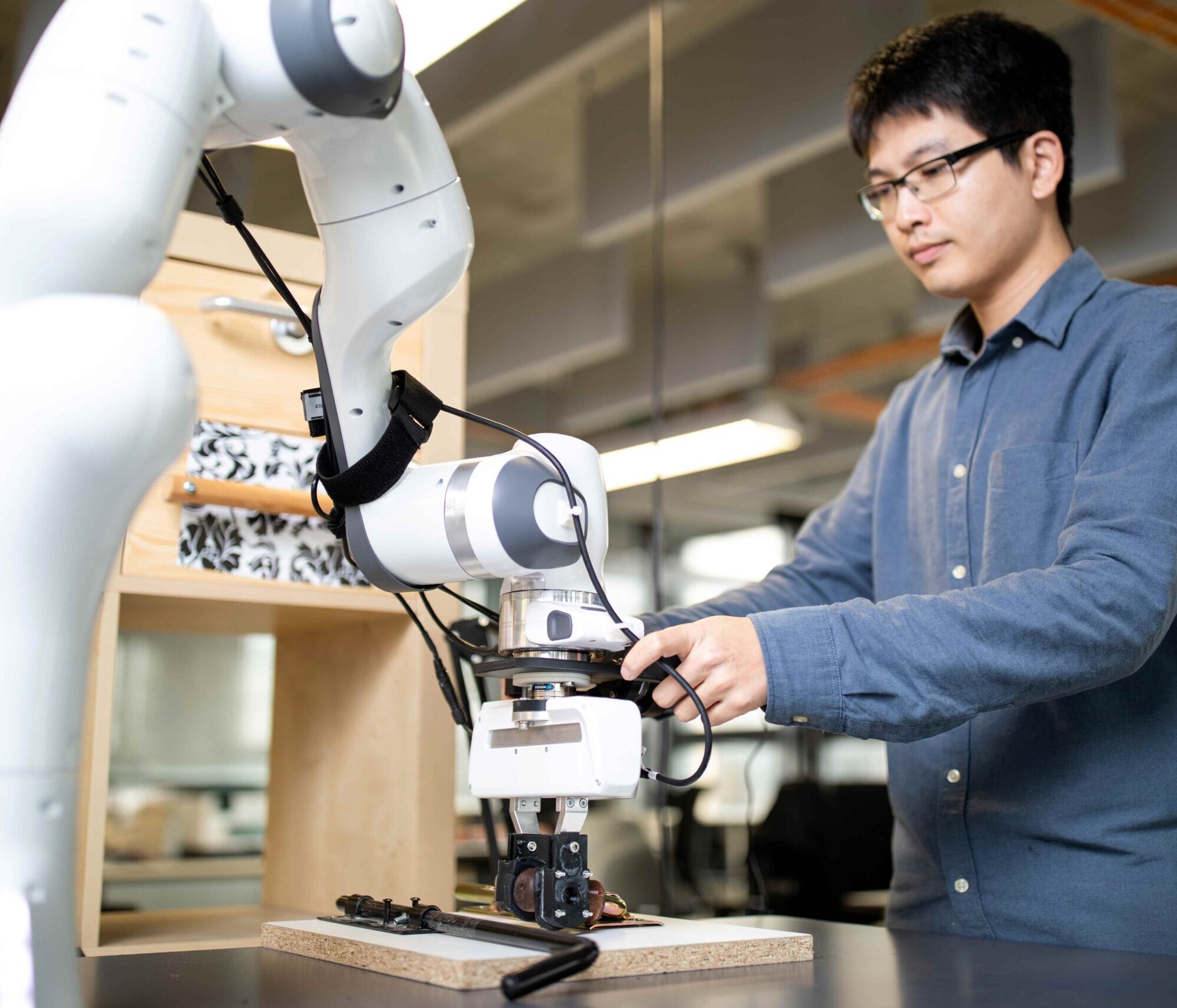
Anna Lange and Helene Ackermann (Science of Intelligence), “Adaptivity in Learner-Teacher Interaction”
SCIoI, Marchstraße 23, 10587 Berlin, Room 2.057More details to follow.

More details to follow.

More details to follow. Photo by Prince Patel on Unsplash.

Abstract The size and complexity of current Deep Artificial Neural Networks pose remarkable challenges to our attempts of explaining and understanding their workings. In this talk, I put forward a proposal for complementing existing efforts to that aim, inspired by research on cognitive ontology in philosophy of cognitive science. In particular, I suggest that, as

The Robotics Institute Germany (RIG) offers weekly insights into current research work on robotics. In RIG's weekly online lectures, leading robotics researchers present the latest developments, challenges, and visions and answer questions from the audience. SCIoI spokesperson Oliver Brock will kick off the series with a talk about the future of robotics and AI. He

Abstract: From ice fishers and marlins to robots, natural and artificial collectives show remarkable ways of making decisions together. Join us as we explore the collective mind! How do sardines escape the attacks of marlins – and how do marlins adapt their hunting strategies in return? What guides groups of hobby ice fishers in Finland

Amidst the excitement, one event stands out for its humor, heart, and energy: the Battle of the Brains: The Ultimate Science Slam Edition. This much-loved tradition, hosted by Berlin’s seven Clusters of Excellence (SCIoI, MATH+, UniSysCat, SCRIPTS, Neurocure, Temporal Communities, Matters of Activity) transforms complex research into lively and entertaining performances. Researchers bring their work to life with everything from

Dive into the wonderful world of research of the seven Berlin Clusters of Excellence: from literature to chemistry, from politics to AI, you and your team can find answers for exciting and surprising questions from the clusters’ research areas. So seek fellows and think of your team name! Every quiz evening focuses on the research

More details to follow. Image created with DALL-E by Maria Ott.

More details to follow. Image created with DALL-E by Maria Ott.

Enabling robots to perform complex manipulation tasks in open-world environments requires approaches to intelligence that bridge the traditional divide between symbolic and subsymbolic systems. Hybrid systems that combine reasoning over symbolic knowledge with probabilistically approximately correct inference over probability distributions promise to make robot manipulation actions generalizable, interpretable, and scalable to address real-world challenges. This

More details to follow. ©SCIoI/Katharina Hohlbaum, Arianna Novati

How does sensory information shape animal behaviour? This year’s Winter Conference of the Association for the Study of Animal Behaviour (ASAB) takes on one of the most intriguing questions in behavioural biology: how animals perceive, interpret, and act on information from their environment. From camouflage to communication, from primate foraging to the “linguistics” of animals,